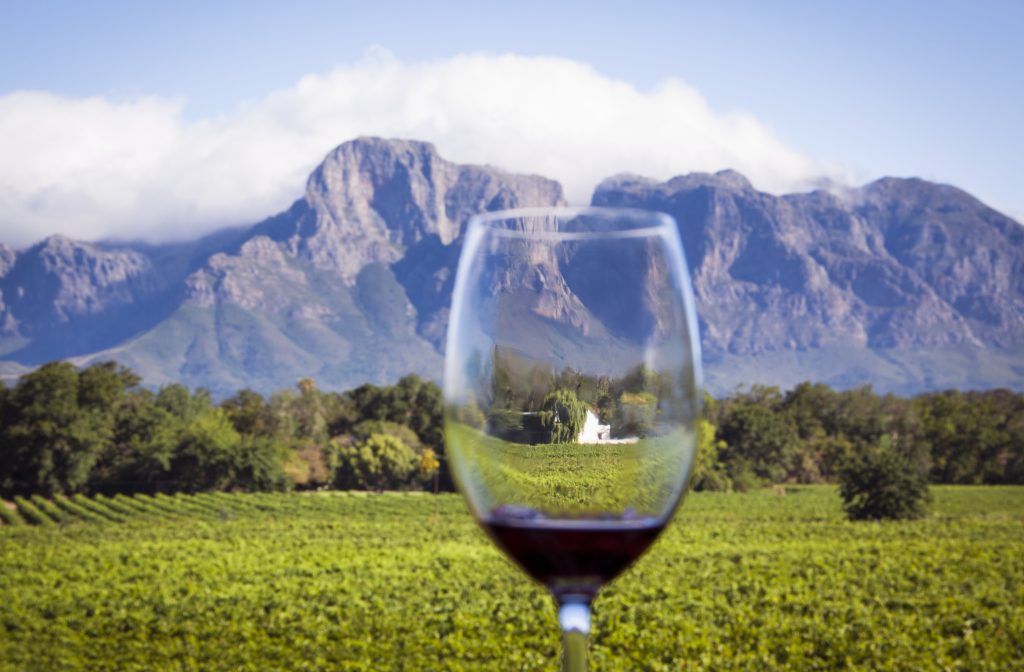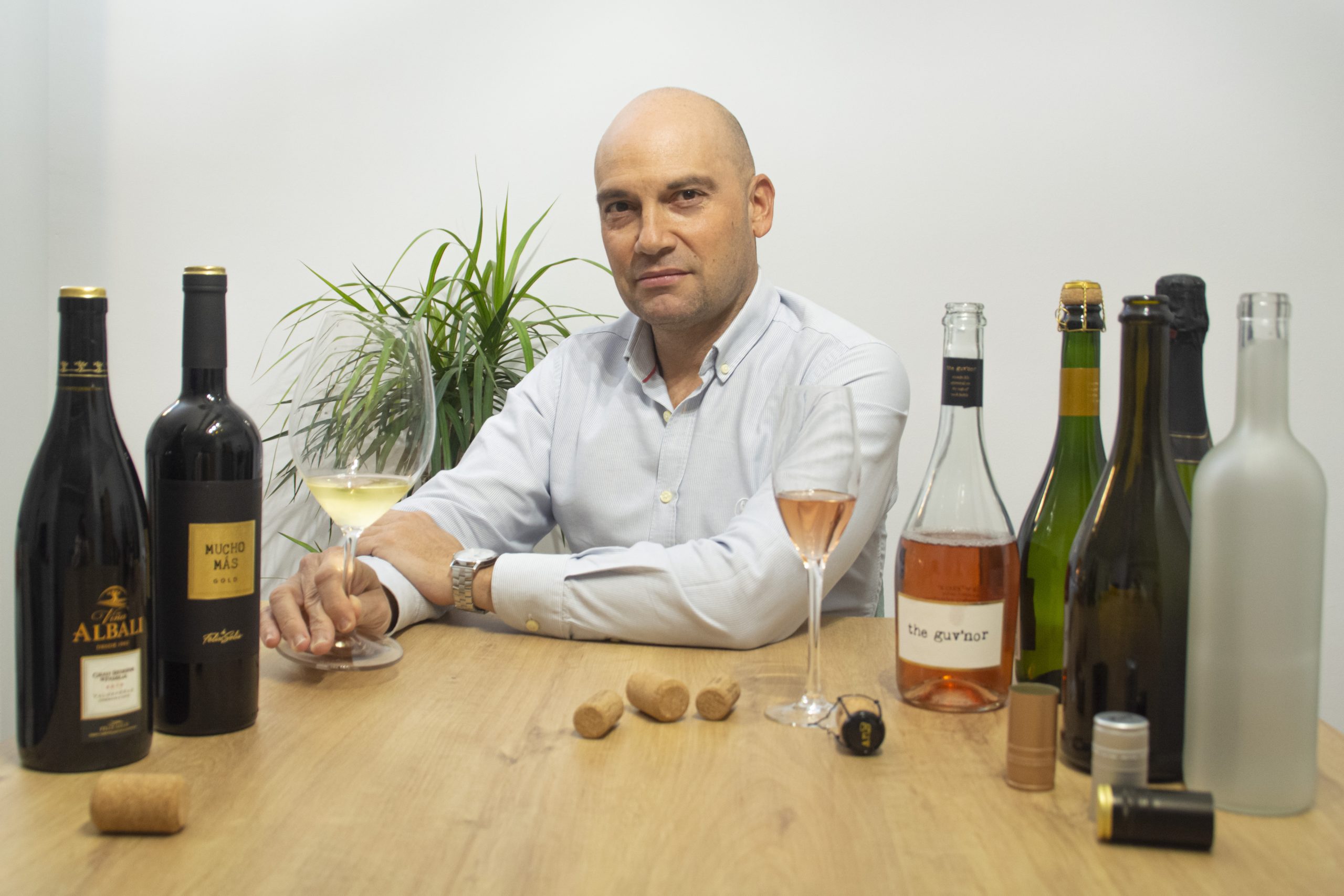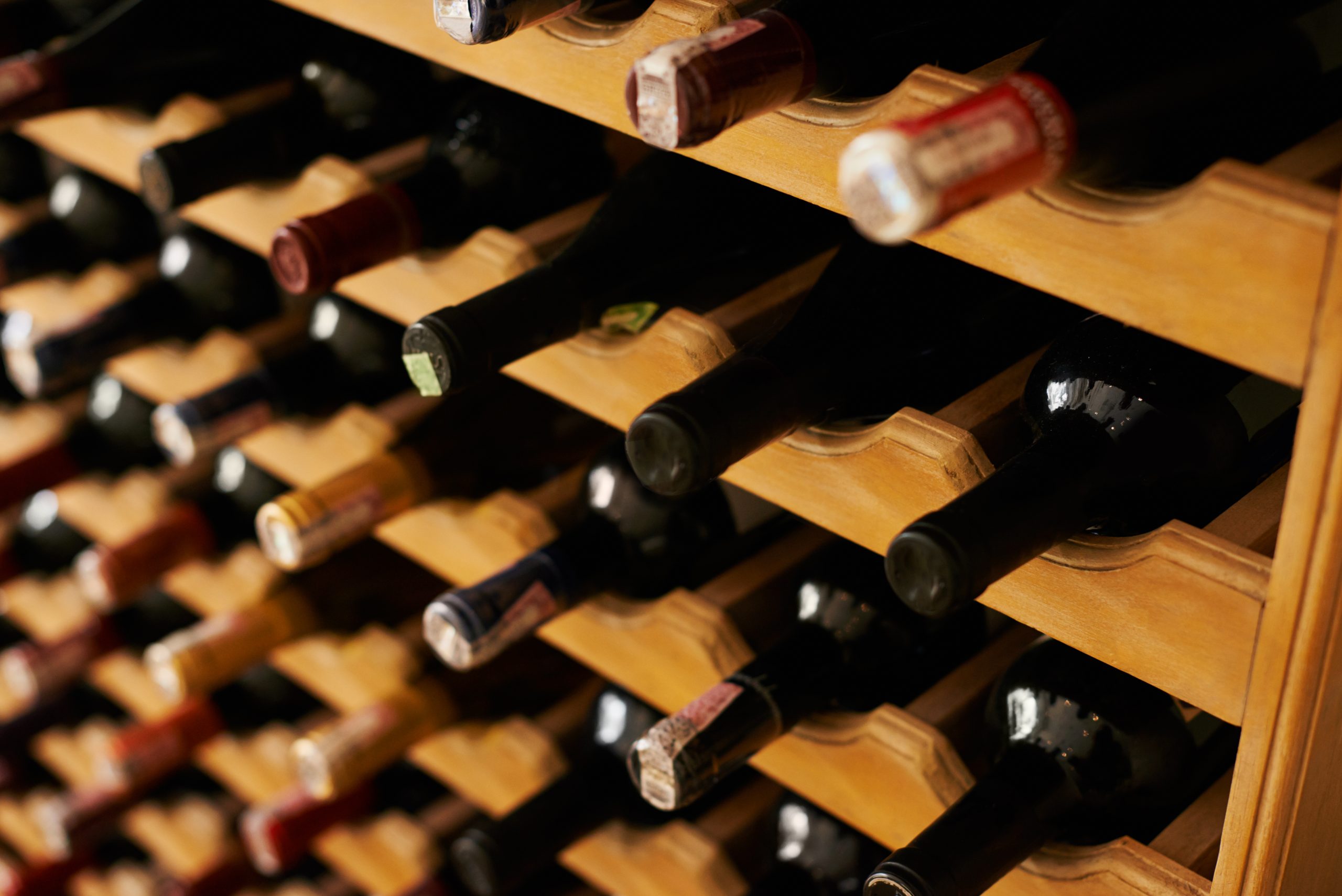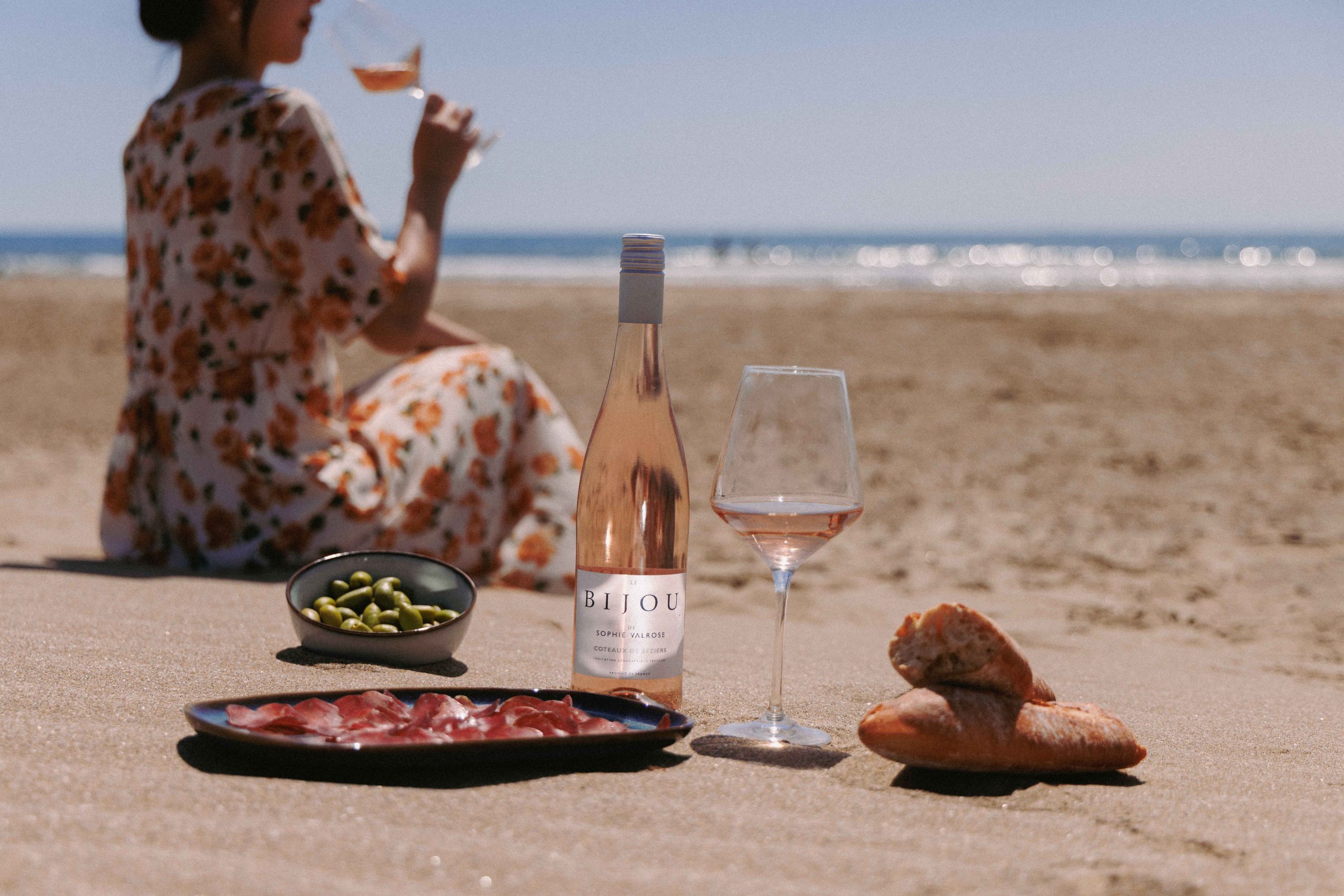‘Without exports, we’d be dead’, SA producer tells db
By Sarah NeishFollowing South Africa’s multiple domestic booze bans, The Old Road Wine Co. revealed to the drinks business that its wine industry would be “completely dead” without the 50% export quota granted to producers.

Like most other South African wineries, The Old Road Wine Co. in Franschhoek has had a challenging 12 months. No less than five domestic booze bans prohibiting the sale of alcohol stymied growth and threw a spanner in the works for winemakers looking to shift stock. However, for fledgling business Old Road, which launched just three years ago, moments before covid cast its long shadow across the planet, surviving the pandemic was perhaps an even greater feat.
Head winemaker Ryan Puttick told db during ProWein that the 50% export allowance afforded to SA wineries during the domestic alcohol bans had been the company’s “saving grace”, adding that “If we didn’t have that, we’d be dead.”
Puttick also pointed towards an uptake in South Africa’s Sauvignon Blanc exports as having much to do with staying afloat, with the popular variety proving a lifeline for producers who were able to plug some of the gap created by the Marlborough shortage.
“There has been a big boost over the last two years, as South African Sauvignon Blanc is much closer to the New Zealand style than Sauvignon Blanc from Chile or Argentina,” Puttick said.
His expressions, made from vines grown in Elgin and Stellenbosch, elicit abundant tropical fruit flavours including pineapple, bananas, white peaches and pear, in contrast to the more grassy, herbal characteristics that can manifest in the variety when cultivated in other regions.
According to Puttick, international markets are also responding with enthusiasm to Old Road’s Chenin Blanc, made from extremely old vines in Franschhoek Valley and Swartland.
Partner Content
Fortunately, it is these two exact varieties – Sauvignon and Chenin Blanc – that are “showing particularly well” for the 2022 harvest, which started later than usual so that “everything ripened together,” explained Puttick.
Despite the many blows dealt to South Africa’s winemakers in recent years, the nation’s wine exports to the UK still managed to leap by 21% in 2021. The US, Canada and African countries including Nigeria, Kenya, Tanzania, Uganda, Mozambique and Zimbabwe, were also among the top performing export markets for South African wine, while trade issues with Australia allowed South Africa to double its market share in China.
Puttick revealed to db that Sweden, Holland and Belgium are buying ever-higher quantities of Old Road wine, with the Swedes lapping up the producer’s Pinotage in particular.
Perhaps the greatest sign yet that things are finally getting back on track is that Franschhoek is “starting to see visitor numbers pick up,” said Puttick. Winemakers in the largely tourist town rely on footfall from overseas visitors and cellar-door purchases to be stashed away in suitcases for the journey home, to turn a profit.
Furthermore, earlier this year, the drinks business reported how a ‘wonder plant’ found in the Cape is helping to remove record levels of CO2 from South Africa’s vineyards. One hectare of spekboom, also known as ‘Elephant Bush’, can suck around 7.5 times more CO2 from the atmosphere than mature woodland or forest; something that is helping the country’s winemakers to produce more sustainably.
In Old Road’s case, Puttick highlights the “bi-reactors used for refuse water” as one of the many green innovations employed by the winery, which produces exclusively vegan wines.
Related news
Cutting through the greenwash: Alex Dale pushes for true organic change




